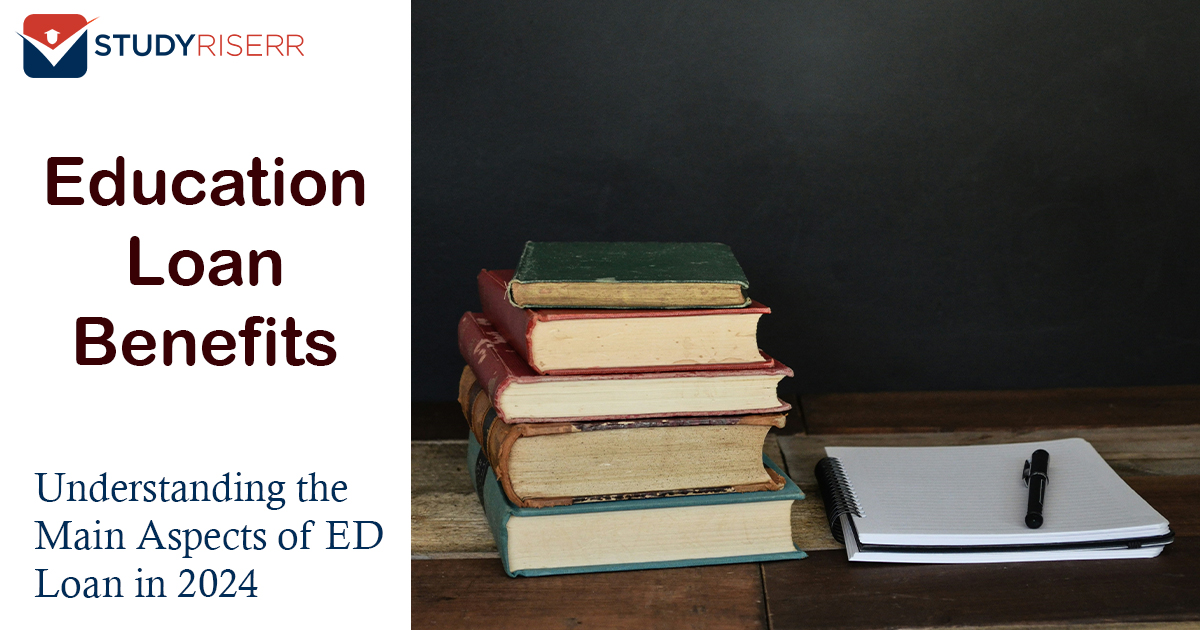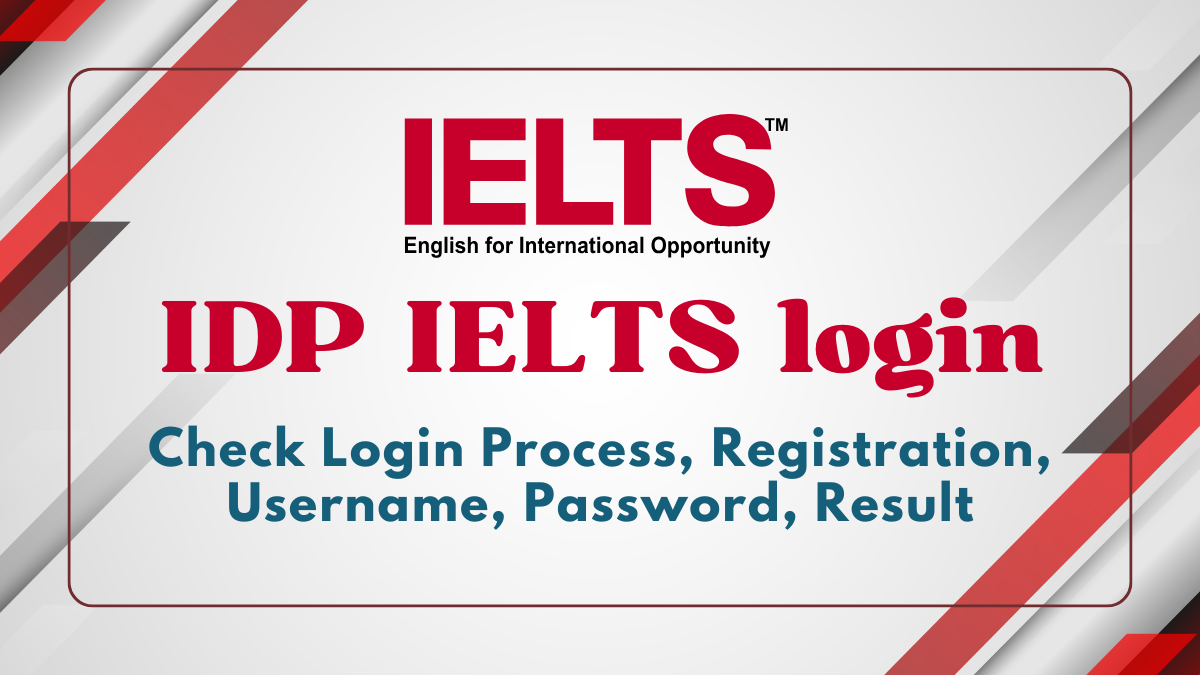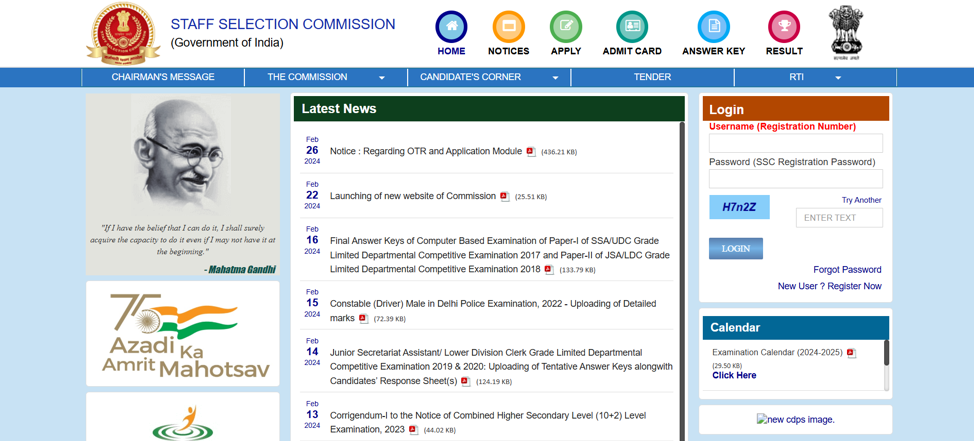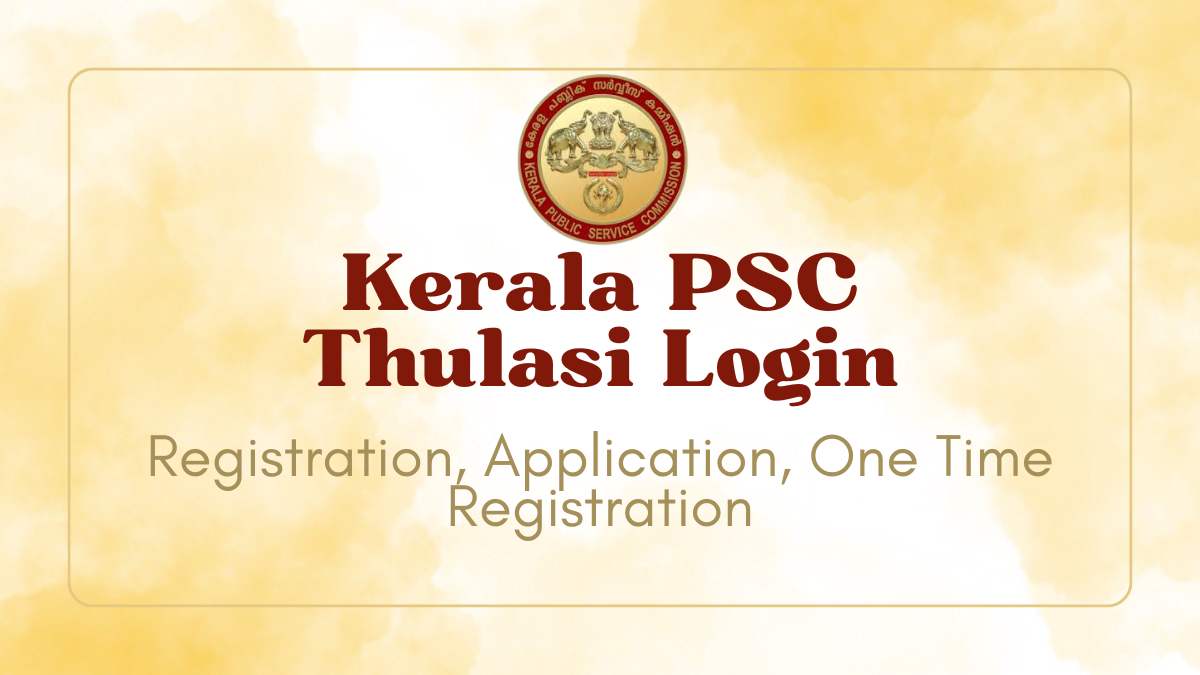Table of Contents
ToggleAccess to Top Quality Education
One of the main benefits of obtaining education loan is to give access to top quality education to aspirants. ED loan is available for Vocational, Professional, Postgraduate, and Undergraduate programs that helps students to study in different academic portfolio.
Financial Flexibility
ED loans offer better flexibility to financial situations of the students’ families. Candidates who need financial support to continue their higher education, education loan can offer that.
Comprehensive Coverage: Education loan covers the cost of tuition, library, exam, travel fees and living cost, laptop and study material costs.
Staggered Payments: This implies the different amounts in various intervals in a specific period of time while continuing education. This is also covered by the ED loan.
Interest Rates and Subsidies on Education Loans
Education loans are offered by NBFCs and banks with affordable interest rates. The types of interest rates offered are-
Competitive Rates: This interest rate ranges from 8 to 15%, with public sector financial institutes through lower rates.
Subsidies: Central Sector Interest Subsidy, CSIS offers full interest subsidy to the economically weaker section students.
Discounts: Many financial institutes offer discounts in interest rates to meritorious, female and economically weaker background students.
Tax Benefits of ED Loans
The income tax act of section 80E offers tax benefits for ED loans.
Interest deduction: The interest paid on the ED loan, is deducted from the taxable income for up to eight years.
No upper limit: There’s no upper limit to the interest payment that will be deducted from the taxable income.
Repayment Options for Education Loans
ED loans are offered with various repayment choices that ensures the solution for challenging financial situations experienced by the students. This allows borrowers with a flexibility of paying the loan without worrying about the immediate demand of repayment.
Moratorium Period: This type of repayment starts after the course completed, and offers a 6 to 12 months of grace period.
Extended Tenure: The repayment term can be up to 15 years, allowing borrowers to pay the amount in installments.
Prepayment Options: Most financial institutes offer repayment based on the interest money saved by the borrower.
Easy Application Procedure of ED Loans
Government and digital platforms offer easy application of education loan process.
Online applications: Digital platforms offer easy application of education loans, with less paperwork and processing period.
Unified Portal: The Vidya Lakshmi Portal allows borrowers to apply at different banks using single application form, to make the process easier.
Strengthening Skill Development through ED Loans
Other than regular academic programs, ED loans are also available for skill development and vocational training programs.
Skill Loans: Skill development and short-term vocational courses allows students to learn industry related experiences.
Employment Readiness: ED loans are there to promoted skill development, which leads students to access better job opportunities.
Encouraging Female Participation through Education Loans
Many financial institutes offer benefits and rates to female students to encourage them to pursue higher education.
Lower Interest Rates: Female students can get lower interest rates.
Targeted Schemes: Loan schemes offered to female students so they get better encouragement and further financial assistance for higher studies.
Supporting International Education
ED loans offer support to students who wants to study in the foreign countries. The loans cover the travel and health insurance, living expenses, travel and tuition fees.
Comprehensive Coverage: It covers the main costs of living and studying abroad.
Higher Loan Amounts: Various banks offer a large loan amount to cover the studies in foreign countries.
Courses and Eligibility Criteria for an ED loan
- Citizens of India from the age 16 to 35 can get education loans.
- Applicants can apply for ED loans for Postgraduate, Undergraduate, PhD courses.
- Borrowers can have a co-applicant. Maternal and paternal uncle/aunt and grandparents, daughter-in-law, mother-in-law, father-in-law, spouse, father, sister, brother, and parents can be a co-applicant.
Education Loans Offered with Collateral
A collateral education loan requires the student to pledge assets, such as investments, and properties.
Higher Loan Amounts: For collateral education loan, banks offer bigger loan amount.
Lower Interest Rates: this type of loan offers security to the borrower. It reduces the risk related to the loan.
Longer Repayment Period: A collateral education loan offer longer repayment time to the borrowers.
Building Credit History: This loan type allows borrowers to build credit history when they repay the loan.
Education Loans Offered without Collateral
These loans are called unsecured ED loans. Borrowers do not have to pledge anything to borrow amount from a financial institute.
Wider Acceptance: This type of loans has wider acceptance rate, as they do not require a collateral. Students who don’t want to risk their assets opt for this.
Lower Loan Amounts: The loan amount without a collateral offers lower funds. However, a lower amount is easy to repay.
Higher Interest Rates: As this is an unsecured loan, these are offered with higher interest rates.
Absence of Risk on Assets: Students do not have to pledge their assets for the loan, so it’s risk free.
Education loans offer a wide range of benefits to students aspiring for higher studies in the country or abroad. It offers flexibility, and skill development to the students who wants to build a permanent and stronger future.
Also Read: UP Scholarship 2024-25 Correction Procedure








